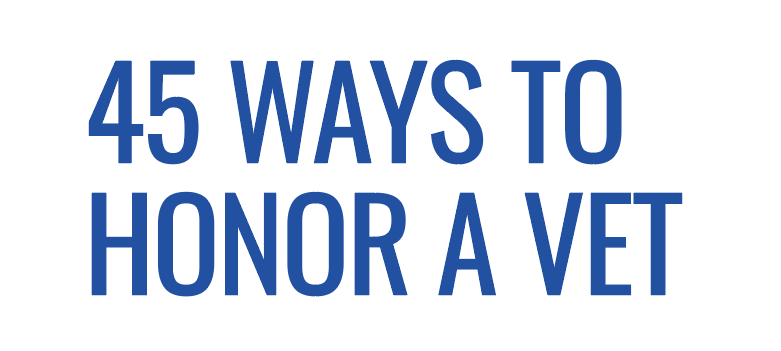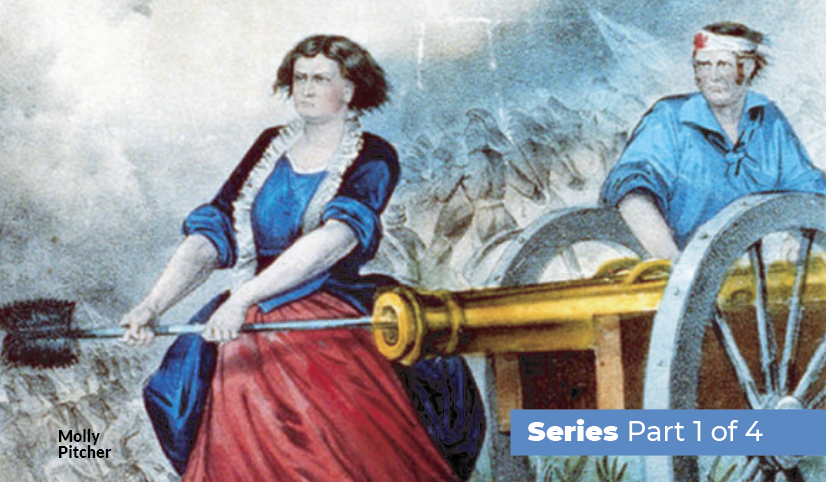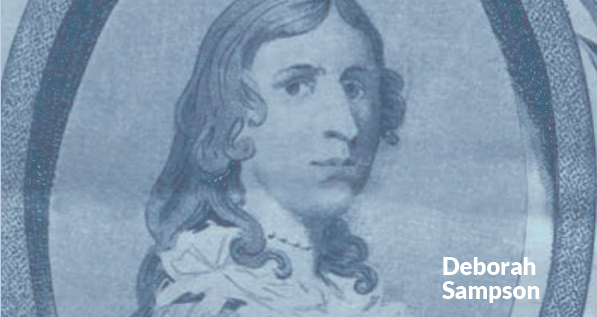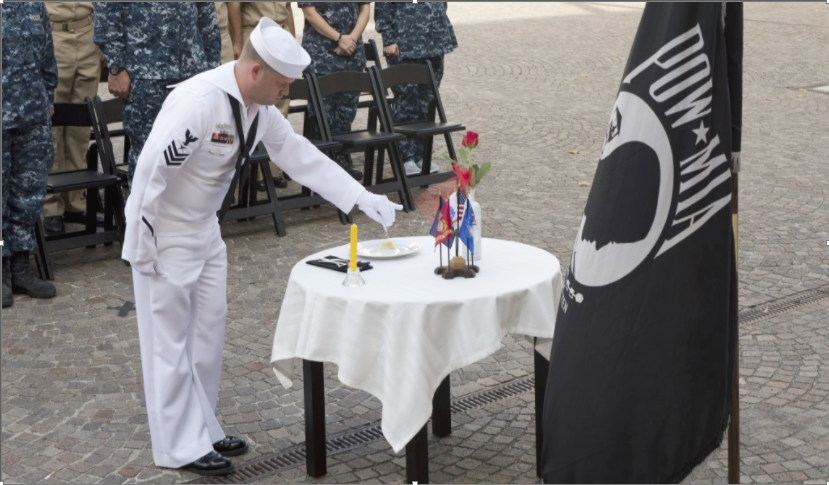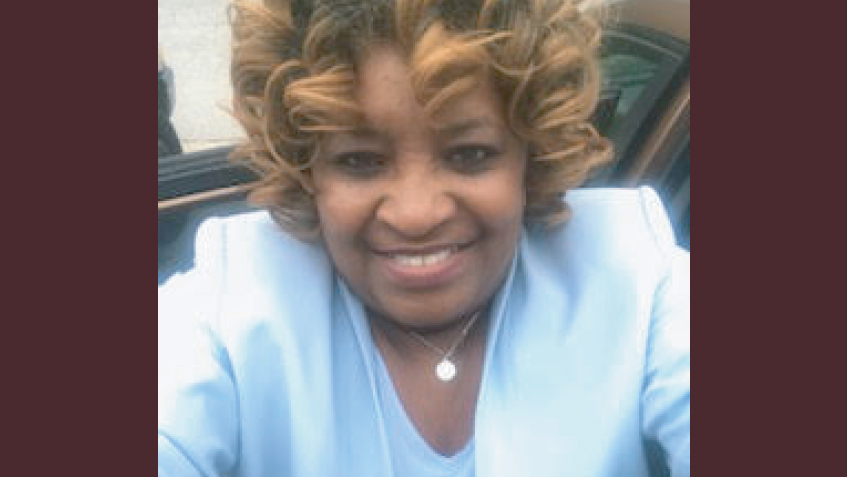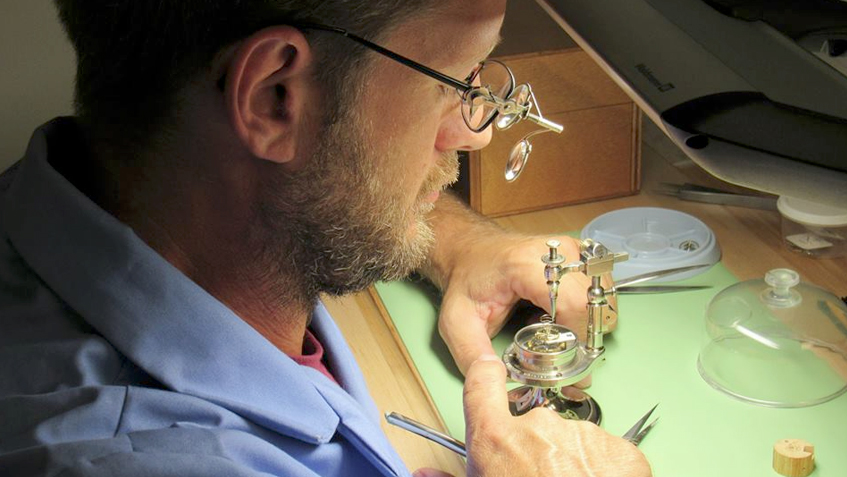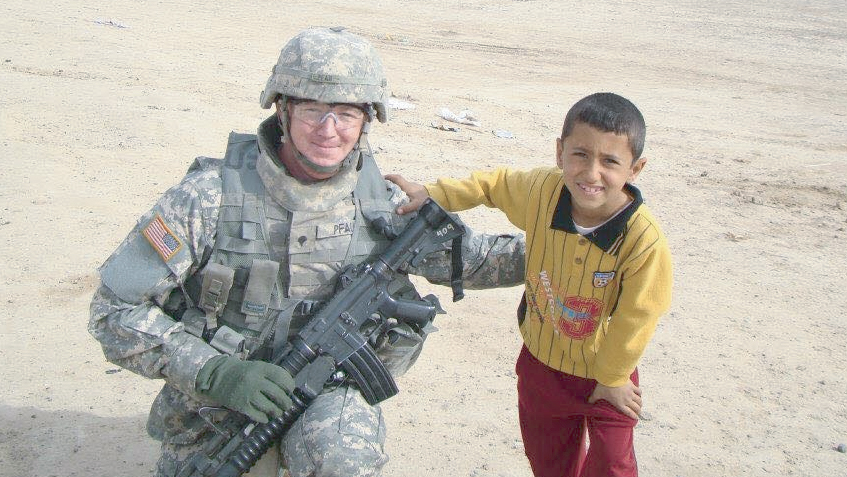Following is a list of 45 things you can do to honor a Veteran, developed by the Behavioral Health staff at the Spokane VA Medical Center. Our Veterans selflessly serve our Country for our freedom. Let’s not take this lightly. Honor our Veterans any day of the year by picking one of this suggestions. But most of all, let our Veterans know how much they mean to you.
- Attend a Veteran’s Day event.
- Ask a Veteran about their time in the military, and really listen to the answer.
- Hang a flag in your yard.
- Ask an aging Veteran to share with you the song that most takes them back.
- Visit the gravesite of a Veteran.
- Visit a homebound Veteran in their home, talk with them, and thank them for their service.
- Visit a homeless Veteran under a bridge, and do the same.
- Take a Veteran out to dinner.
- Take dinner in to a Veteran.
- Tell someone (your family, a friend, a neighbor) about an experience you had serving a Veteran at the VA.
- Take flowers to a Veterans memorial.
- Write and send a letter to someone who’s currently serving in the military.
- Ask a neighbor about their deployment.
- Call a Veteran family member.
- Thank a Veteran co-worker for their service.
- Take a private moment to be proud of your country.
- Teach someone (a child, a friend, a neighbor) what it means to be a Veteran.
- Share pictures of a Veteran with someone.
- Say a silent prayer for those who are serving.
- Learn about a current or past war/conflict (this will make you a better helper).
- Look up your ancestry and learn about someone in your family who was a Veteran.
- Hug your family, and tell them that it’s thanks to Veterans that you get to.
- Buy a homeless Veteran a cup of coffee.
- Observe a moment of silence with family and friends.
- Read something a Veteran wrote about their experience.
- Wear your favorite “Pro-Vet” T-Shirt. (Examples: Free Hugs for Vets; Remember Our Fallen Veterans; Freedom is not FREE…; Thank a VETERAN; I Heart Veterans!).
- Buy a Buddy Poppy. Wear it all day, attach it to your purse or bag and keep it there until it falls apart. When people ask what it is, tell them.
- Read and share the poem “In Flanders Field the poppies grow”.
- Make sure your children and grandchildren know who the Veterans are within their own family, and share the family stories with them.
- Do a project about Veterans with young children or grandchildren. For example, let them make their own Veteran flag and plant it in a pot of flowers in front of the house.
- Write on your blog about your appreciation for Veterans.
- Help young children or grandchildren make a thank you card, and post them in the window or at a grocery store bulletin board or library or some other public place.
- (Good for any day:) Stand out in front of the VA greet Veterans as they are being dropped off at the door. Some older folks even need a hand getting out of the car.
- Tell a loved one about serving Veterans.
- Donate time or money or supplies to local Veterans Day drives.
- Volunteer to help a Veteran’s Service Organization (there are lots!).
- Take a moment to reflect on what it means to live in America.
- Gather with friends and family and watch a patriotic movie.
- Go to a Veterans Day parade.
- Write in your journal how thankful you are for the service of Veterans.
- Take a quiet moment and imagine hearing “taps” played in your head.
- Thank a Veteran of his/her service while doing errands.
- Shake a Veteran’s hand.
- Send an email that tells a Veteran’s story to the people on your contact list.
- Pick one or two of the activities listed above, and resolve to do them at least 1 time every month this year when it’s NOT Veteran’s Day.

